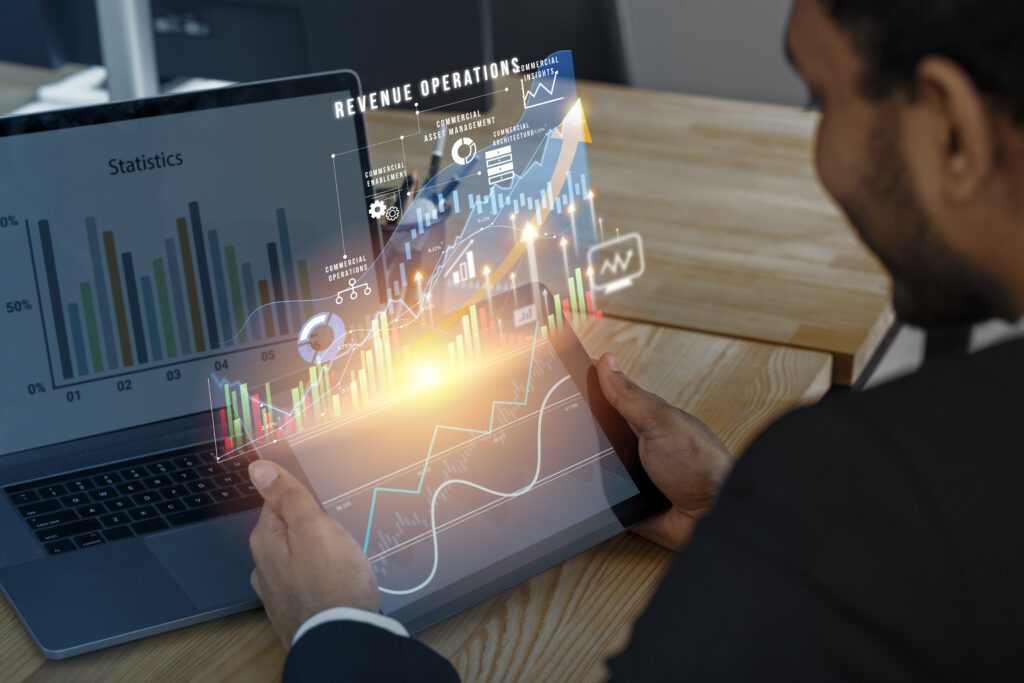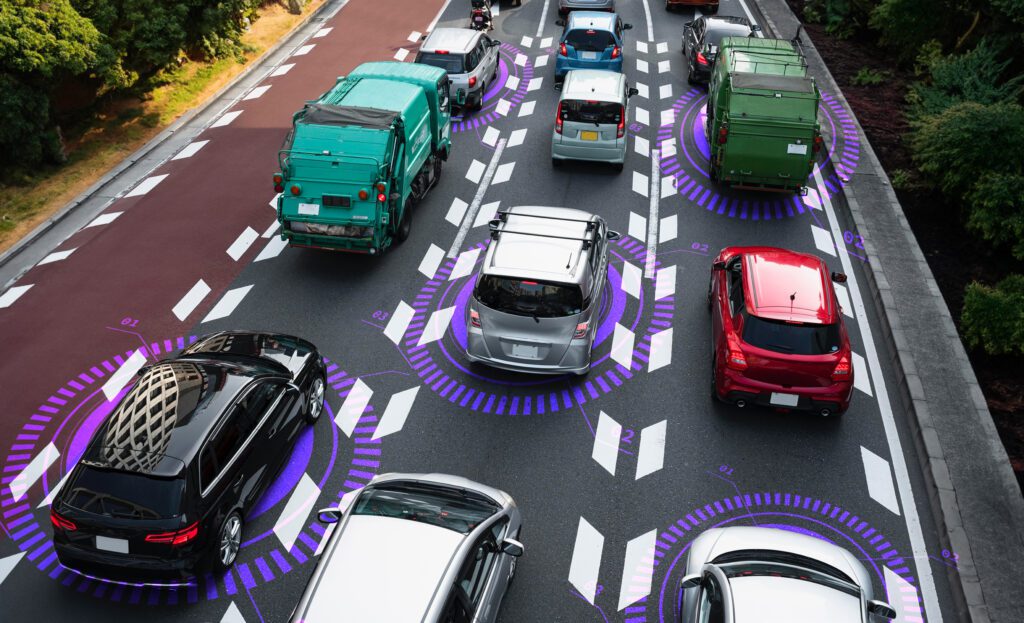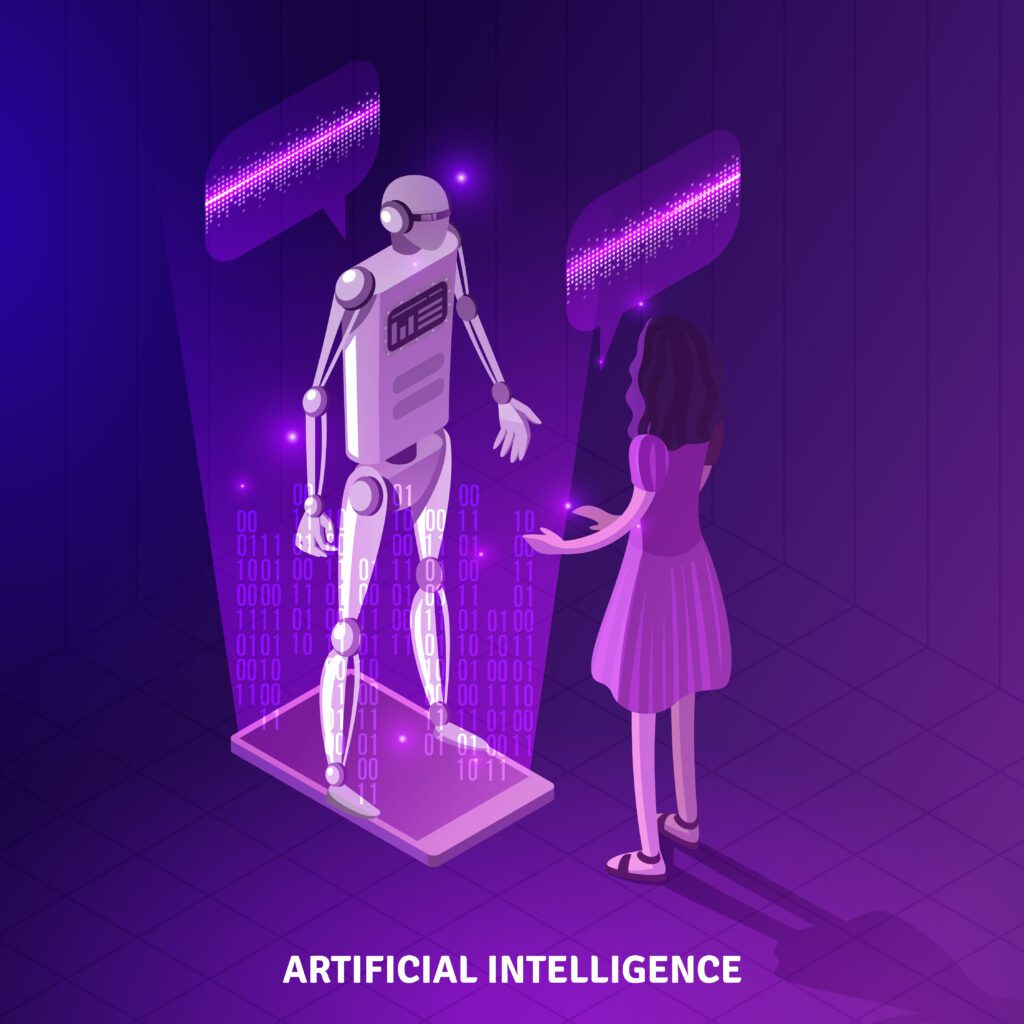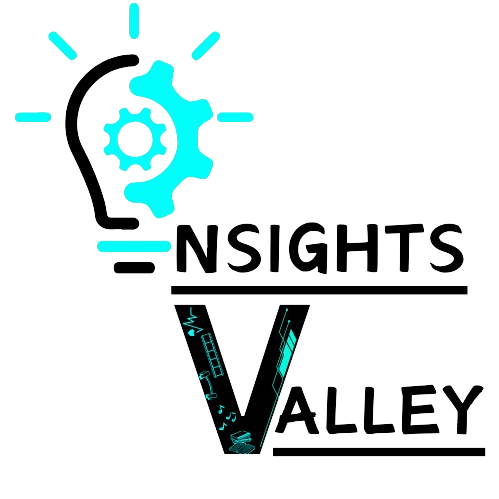Before getting into the power of AI let’s understand what AI actually is and what are the different sectors where AI has come out to be effective. Artificial Intelligence (AI) and Machine Learning (ML) have emerged as powerful technologies that are transforming industries and revolutionizing the way we live, work, and interact with technology. In this article, we will explore the fascinating world of AI and ML, their definitions, applications, and the immense potential they hold for the future.
Understanding Artificial Intelligence
Artificial Intelligence refers to the development of computer systems capable of performing tasks that typically require human intelligence. It encompasses a wide range of technologies, including natural language processing, computer vision, robotics, and expert systems. AI systems learn from experience and adapt to new data, enabling them to perform complex tasks autonomously.
The Power of AI & ML
Machine Learning is a subset of AI that focuses on algorithms and statistical models, allowing computers to learn from data and make predictions or decisions without explicit programming. ML algorithms analyze vast amounts of data, identify patterns, and extract valuable insights. The more data they process, the more accurate and refined their predictions become.
Real-World Applications of Artificial Intelligence
The power of AI and ML is evident in their applications across various industries:
Healthcare

AI and ML are revolutionizing the healthcare industry. From disease diagnosis and personalized treatment plans to drug discovery and robotic surgeries, these technologies are improving patient outcomes, streamlining operations, and enhancing research capabilities. AI-driven systems can analyze medical images, identify anomalies, and assist doctors in making accurate diagnoses.
Finance

Financial institutions leverage AI and ML to detect fraud, assess credit risks, automate trading, and improve customer experiences. These technologies can analyze vast amounts of financial data in real-time, making accurate predictions and driving informed decision-making. AI-powered chatbots are being used by banks to provide personalized customer support, while ML algorithms help in portfolio management and investment analysis.
Transportation

AI is transforming transportation with innovations such as self-driving cars, intelligent traffic management systems, and route optimization algorithms. These technologies aim to improve safety, reduce traffic congestion, and enhance overall efficiency. Self-driving cars, for example, utilize AI to interpret road conditions, make informed decisions, and navigate through traffic.
Retail

The retail industry is experiencing a significant shift with the adoption of AI and ML. AI-powered chatbots provide personalized shopping experiences, assisting customers with product recommendations, answering their queries, and facilitating seamless transactions. Recommendation systems analyze customer data to suggest relevant products, increasing customer satisfaction and sales. ML algorithms also help retailers optimize inventory management by forecasting demand and minimizing stockouts.
Manufacturing
AI and ML are enabling predictive maintenance, quality control, and process optimization in the manufacturing sector. By analyzing sensor data and historical patterns, machines can anticipate failures, prevent downtime, and improve production efficiency.
ML algorithms can identify patterns of defects in real-time, allowing manufacturers to take immediate corrective actions. AI-powered robots are being used in assembly lines to perform complex tasks with precision and speed.
Ethical Considerations and Challenges
As AI and ML become increasingly integrated into our lives, it is crucial to address ethical considerations. Issues such as bias in algorithms, data privacy, job displacement, and accountability need careful consideration.
The power of AI is massive and it can make a huge impact to the real world, therefore, responsible development and deployment of AI systems are essential to mitigate these challenges.
Organizations must ensure that their algorithms are fair and unbiased, with transparency in decision-making processes. Data privacy regulations should be adhered to, and appropriate safeguards should be implemented to protect sensitive information.
The Future of AI and ML

The future holds immense possibilities for AI and ML. Advancements in deep learning, reinforcement learning, and natural language processing are pushing the boundaries of what machines can achieve.
Personalized medicine, intelligent virtual assistants, smart cities, and advanced robotics are just a glimpse of the potential applications of AI. As these technologies continue to evolve, they will reshape industries, create new job opportunities, and enhance human capabilities.
Conclusion
Artificial Intelligence is transforming our world, unleashing their power to reshape industries and revolutionize the way we live and work. From healthcare to finance, transportation to retail, and manufacturing to countless other sectors, AI and ML are driving innovation and efficiency. However, as we harness their power, it is essential to navigate the ethical considerations and embrace responsible development to ensure a future that benefits humanity as a whole.
By embracing the potential of AI, we open the doors to a world where technology empowers us, augments our capabilities, and solves complex challenges. The journey has just begun, and the possibilities are limitless.

